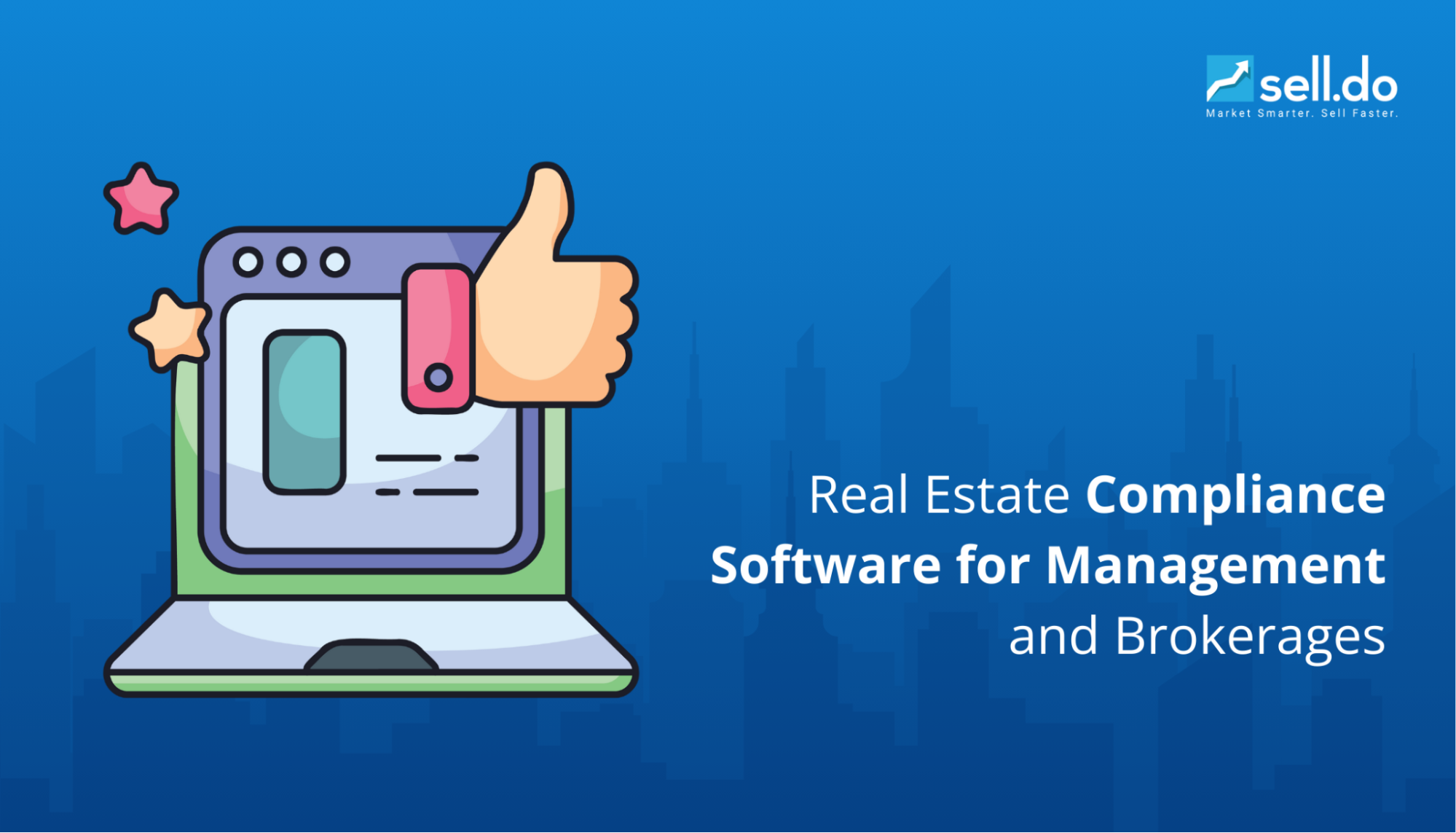Introduction:
Email marketing is a powerful and significant tool in the world of real estate. It's like having a conversation with potential clients right in their inbox. Imagine you have important news about real estate — maybe it's a new house on the market, some tips for selling a home, or exciting updates about your services.
How do you share this with people who might be interested? That's where email marketing comes in. It lets you send this information directly to those who want to hear from you, building a bridge between you and your potential clients.
In real estate, where buying a home is a big decision, email marketing becomes even more important. It's not just about selling properties. It's about creating relationships and trust. With real estate email marketing, you can send emails that help people understand the market, know about new properties, and feel comfortable reaching out to you when they're ready.
This kind of email is called an email nurture campaign. It's like planting a seed and taking care of it until it grows. Every email you send is a drop of water that helps this seed — your relationship with the client — grow stronger.
But how do you make sure your emails are read and appreciated? This is where email campaigns for realtors come into play. They're not just any emails. They're carefully planned and designed to catch interest, provide useful information, and show how you can help.
Whether it's an email marketing campaign to announce a new property or lead nurturing emails to keep in touch with potential buyers, every email has a purpose. It’s about making each message special so that when someone sees an email from you, they want to open it.
This blog post will guide you through building a successful email campaign in real estate. From understanding what makes a good real estate email campaign to learning how to craft messages that resonate with your audience, we'll explore the steps to create emails that not only reach inboxes but also touch hearts and minds.
The Essentials of Setting Up an Email Campaign:
Crafting an effective email marketing campaign in real estate begins with a solid foundation. This involves understanding your audience, defining your goals, and creating content that aligns with your client's needs and your brand.
List Segmentation:
Segmentation is vital in email campaigns. By categorizing your audience based on their preferences and behaviors, you can customize your messages to meet their specific needs, enhancing engagement and response rates.
Email Personalization:
Personalization in email campaigns goes beyond using the recipient's name. It's about creating content that speaks directly to their interests, needs, and stage in the buying or selling process.
Tracking Metrics:
In any email marketing campaign, tracking and analyzing performance metrics is crucial to understand what resonates with your audience and to refine your strategy for better results.
Adding Relevant CTAs:
A compelling call to action is what turns a reader into a lead. Your CTAs should be clear, relevant, and strategically placed to guide the reader to the next step, whether it's scheduling a viewing or downloading a guide.
Types of Nurturing Emails:
Welcome Email:
This initial contact sets the tone for your relationship. An excellent welcome email introduces your brand and sets expectations for future communications.
Engagement Email:
Use these to provide valuable information, like market insights or home improvement tips. They keep your audience engaged and position you as a knowledgeable resource.
Show Flat-Ready Email:
These are crucial in real estate email campaigns. They alert potential buyers about available show flats, inviting them to view properties they’re interested in.
Re-engagement Email:
Aimed at rekindling interest among leads that have gone inactive. These emails should capture attention and reignite their interest in the real estate market.
Site Visit Email:
This type of email is essential for real estate agents. It's used to inform potential buyers about upcoming site visits. This could include details like date, time, and location, making it easier for clients to plan their visit.
Schedule Email:
These emails are sent to confirm or remind clients about scheduled site visits. It helps in keeping track of appointments and ensures that both the agent and the client are on the same page regarding the meeting details.
Conducted Site Visit Follow-up Email:
After a site visit, it’s important to follow up with a personalized email. This email can ask for feedback on the visit, provide additional details about the property, or offer next steps, like scheduling another visit or moving forward with a purchase.
Project Development Win-back Email:
Share updates on projects to re-engage past clients or those who showed interest in specific developments.
Customer Success Story Email:
Sharing success stories builds trust and credibility. These emails can highlight your achievements and the satisfaction of past clients.
Recommendation Email:
Based on past interactions and preferences, these emails suggest listings that the recipient might find interesting, demonstrating your attentiveness and personalized service.
Conclusion:
By mastering these email campaign strategies, real estate developers and brokers can effectively nurture leads, build strong relationships, and drive sales. Email nurturing and lead nurturing emails are more than just communication tools; they are an integral part of real estate marketing strategy.
Sell.Do Real Estate CRM can be a powerful ally in this journey, offering tools to automate and optimize your email campaigns, making the process efficient and impactful. Embrace the full potential of email marketing and watch your real estate business thrive.






Leave a comment
Comments (0)
Be the first one to comment.